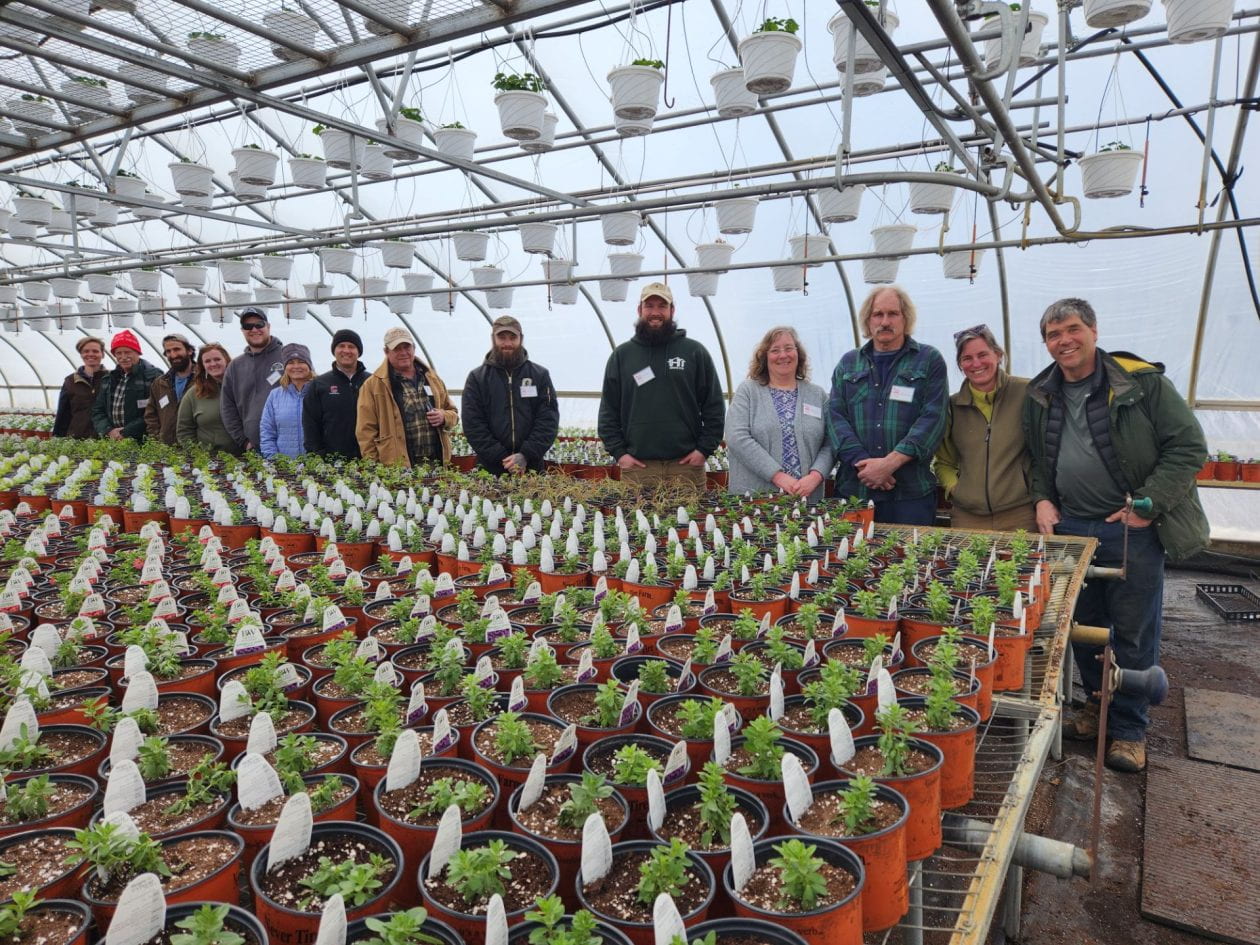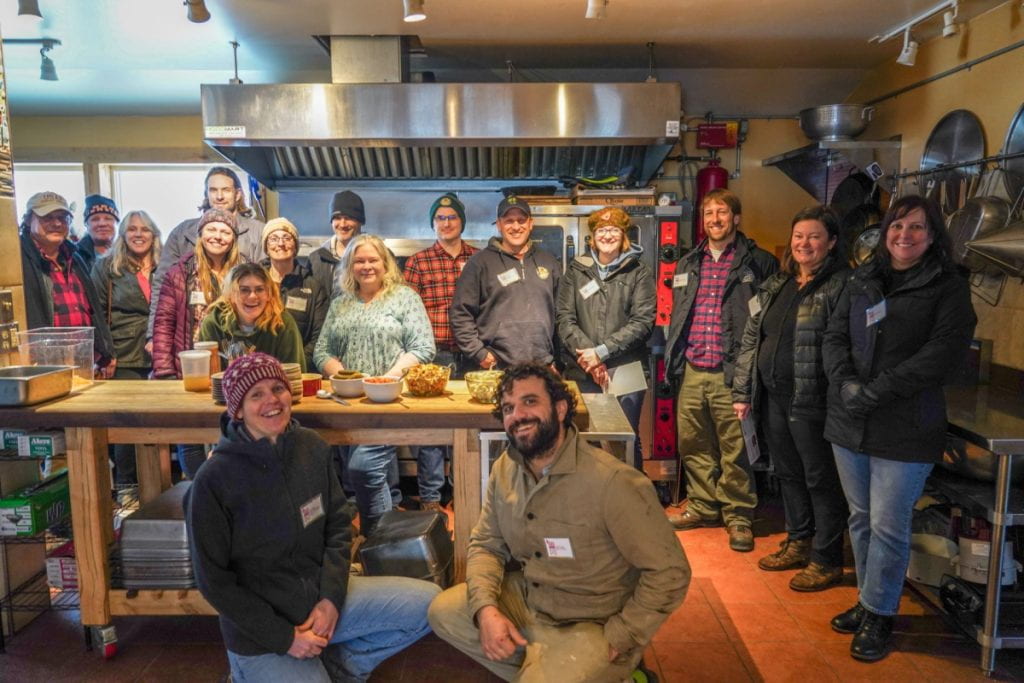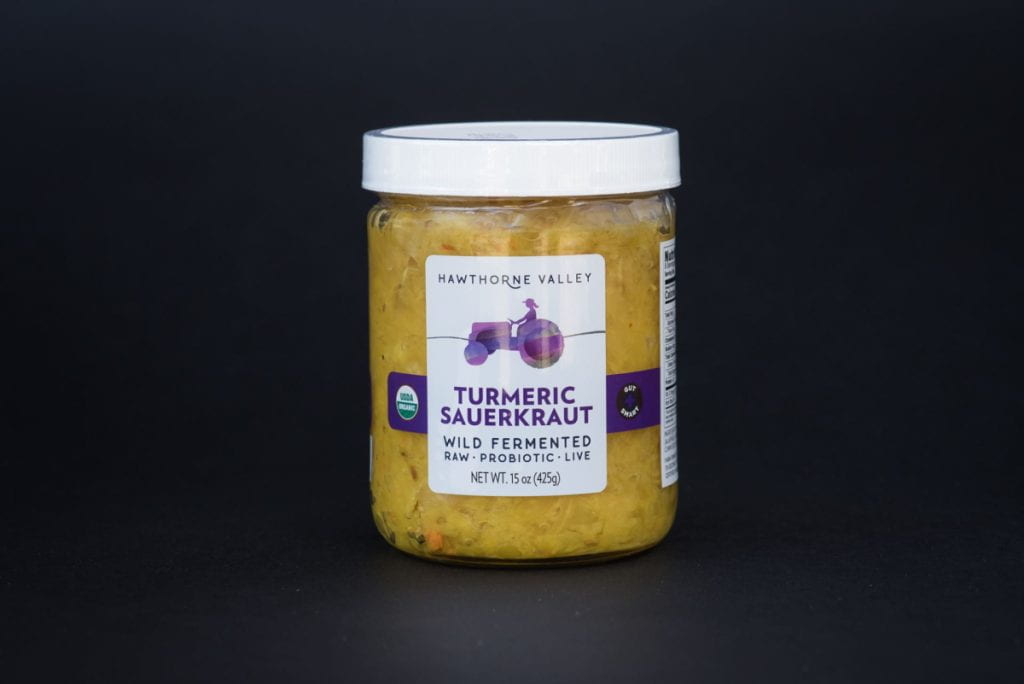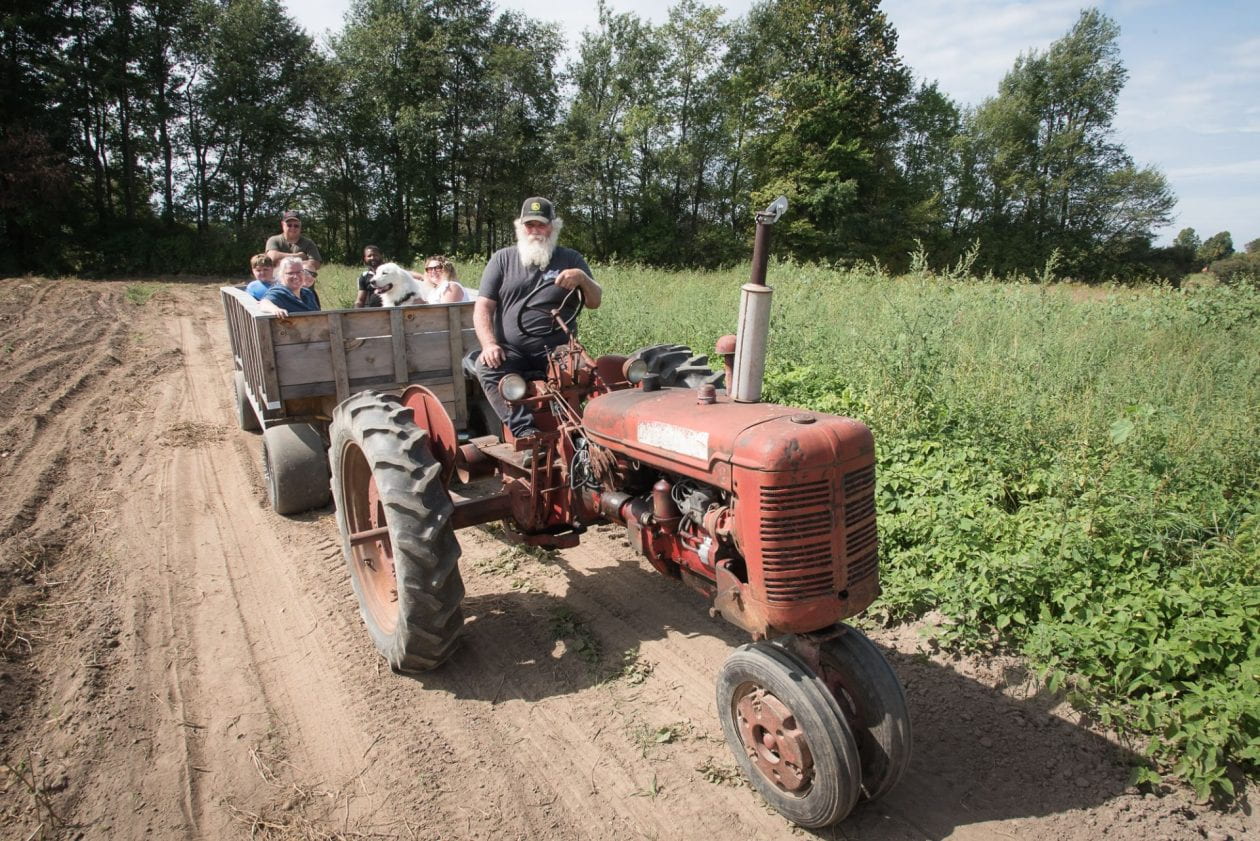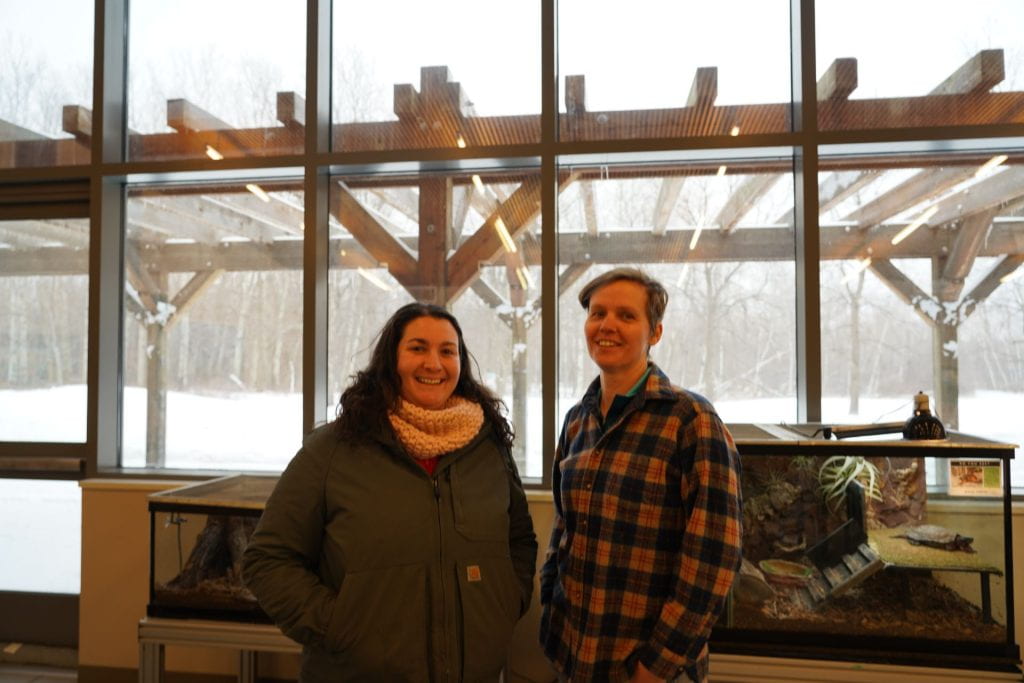Spring is here which means local greenhouses and high tunnels are filling quickly. Some businesses focus on growing transplants of flowers, vegetables, and herbs for sale to the public and others plant into the ground for a bountiful harvest later in the season.
Last month, 19 farmers and gardeners participated in the final 2023 Ag and Food Producer Academy course organized by Cornell Cooperative Extension, Planning and Maintaining a High Tunnel or Greenhouse. The group was eager to learn how to incorporate protected structures on their own property, to extend the growing season and grow crops that otherwise might be challenging in northern New York.
A wealth of experience was shared throughout the three online sessions and field trip day to local greenhouse businesses and high tunnels. Here are a few tidbits we gleaned from our course instructors and field trip hosts.
- Determining Your Structure Size and Soil Management Plan
Judson Reid, Course Instructor and Cornell Cooperative Extension’s Vegetable Specialist emphasized proper structure size and soil management tools. Jud explained that it’s sometimes easier to start with a larger high tunnel or greenhouse so you can grow into it, rather than trying to scale up from a smaller one as your operation evolves. He walked course participants through considerations to determine the correct structure size for their business. Jud also strongly recommended having a soil management plan.
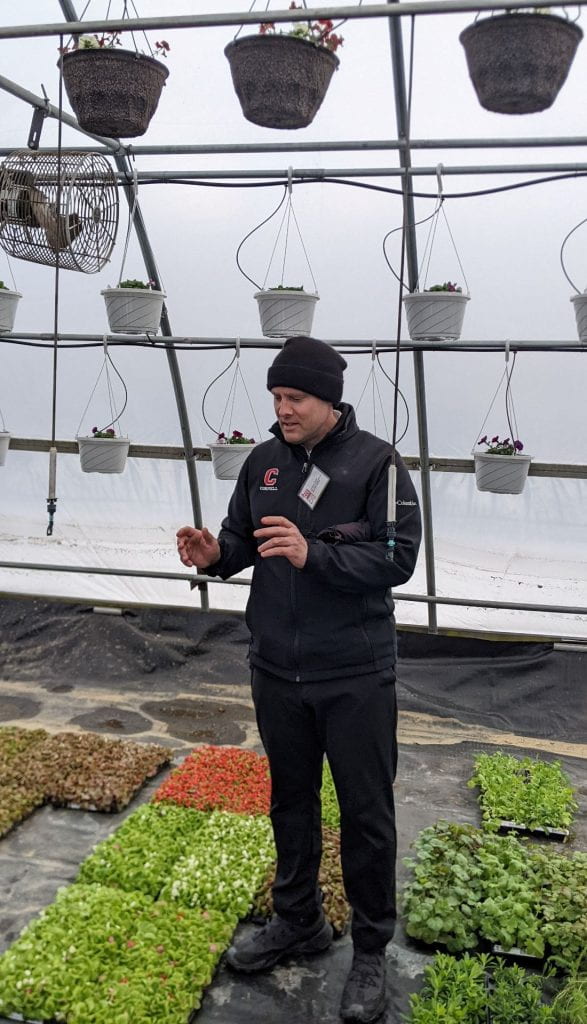
Soil tests are crucial to manage soil health and he suggests including a fertilizer injector into your system as a cost effective and efficient way to make adjustments to grow robust plants.
2. Finding Funding
Lindsey Pashow, Guest Instructor and Cornell Cooperative Extension’s Agriculture and Business Development and Marketing Specialist, discussed searching and applying for grant funding based on your farm and high tunnel or greenhouse needs. She suggested making a list of your needs and starting with internet searches, finding the past timings and deadlines of grants, and looking at past projects to see if your project is similar and a good fit.
